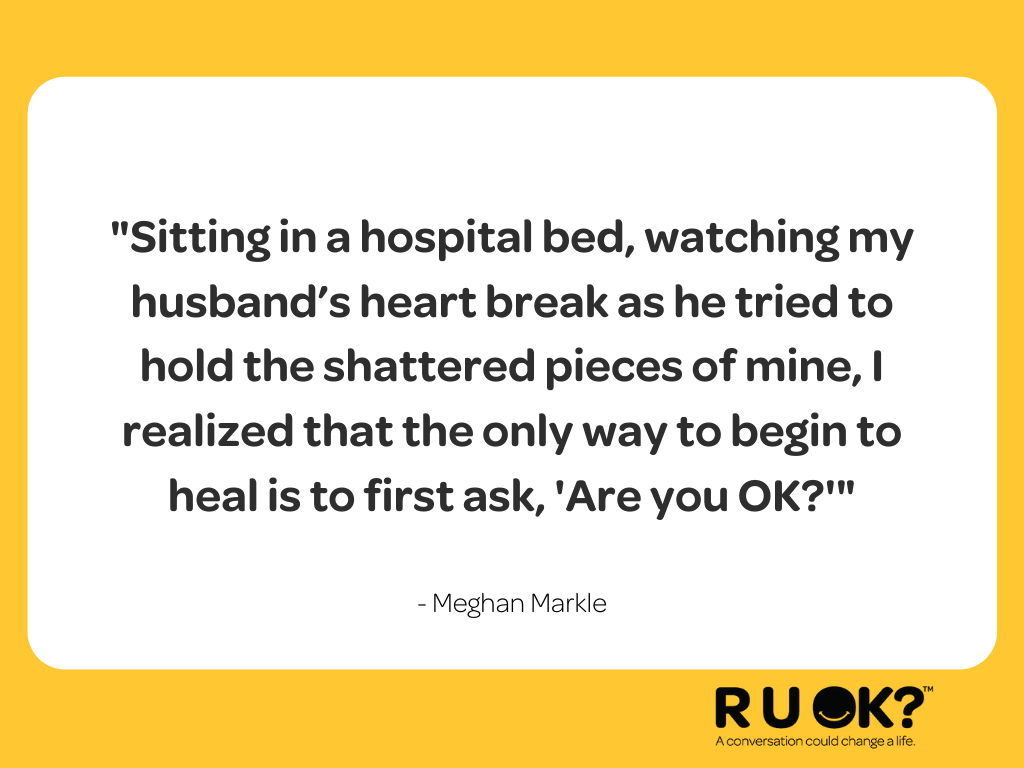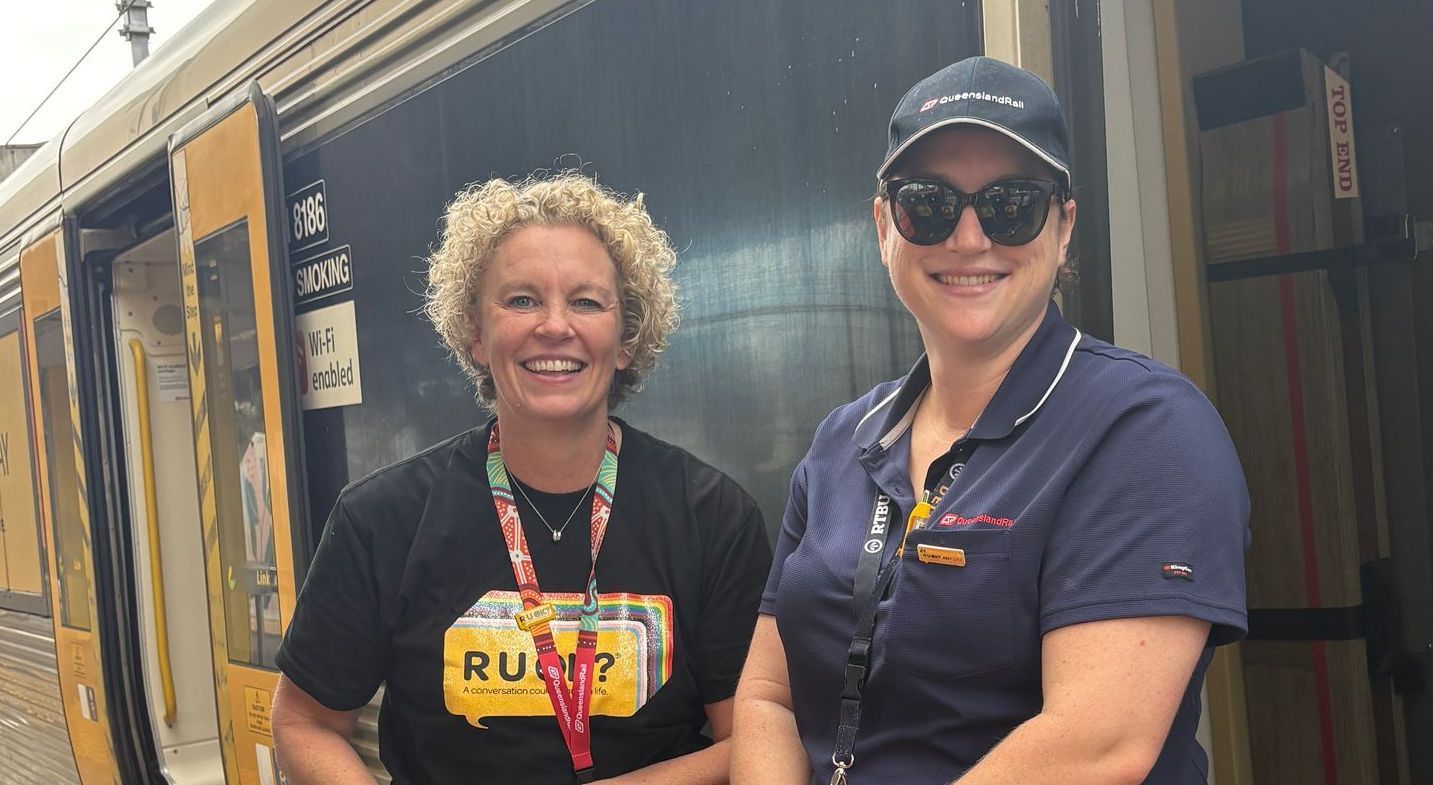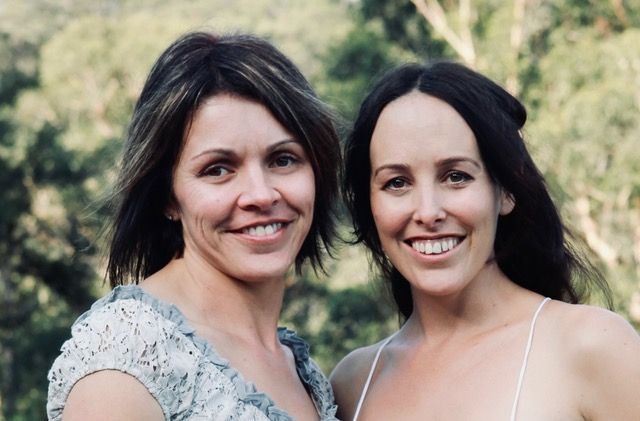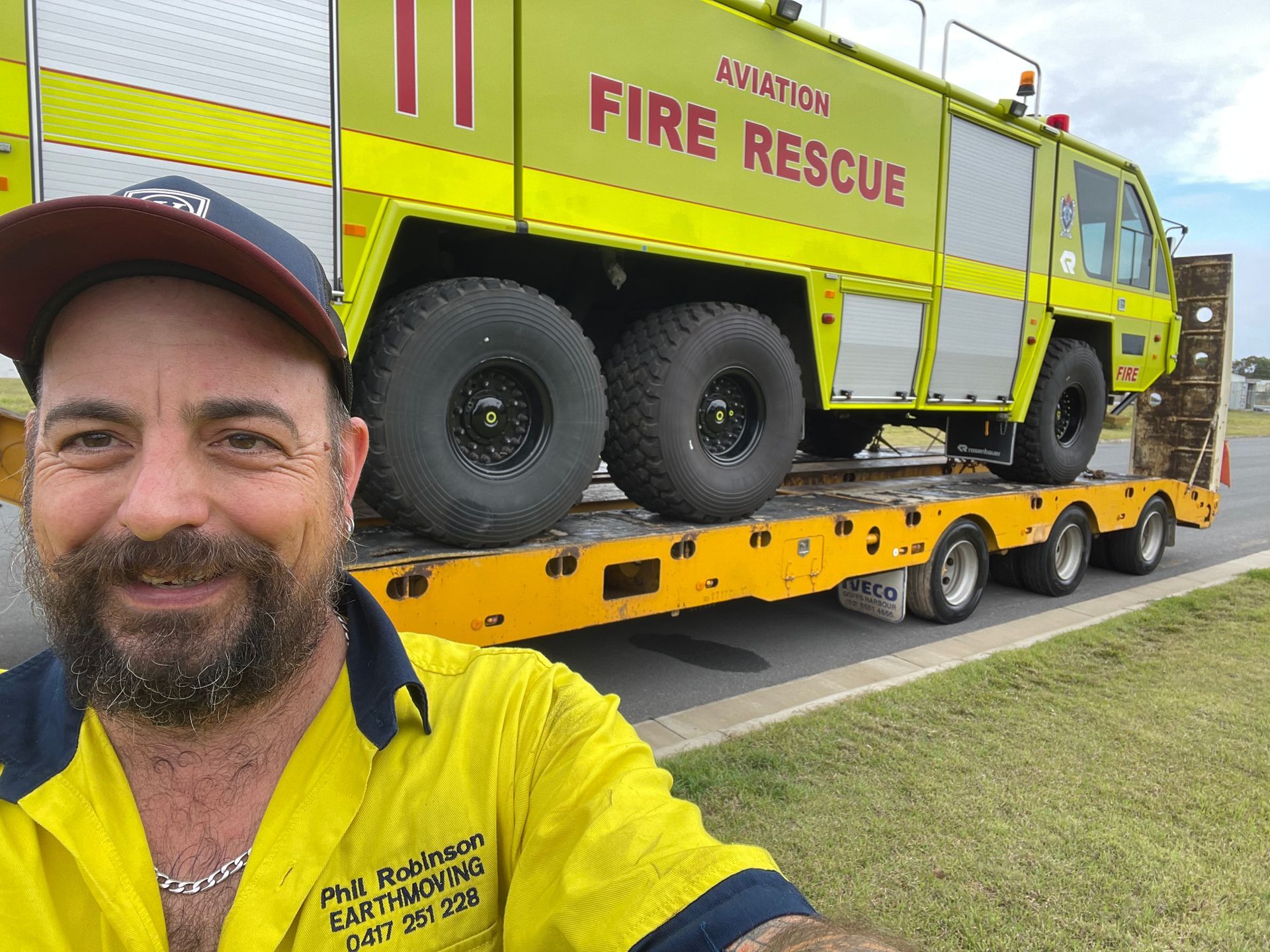The Duchess of Sussex last week added her voice to the personal stories shared by Chrissy Teigan and many others who have experienced a miscarriage or stillbirth.
"It was a July morning that began as ordinarily as any other day: Make breakfast. Feed the dogs. Take vitamins. Find that missing sock. Pick up the rogue crayon that rolled under the table. Throw my hair in a ponytail before getting my son from his crib," said Meghan Markle in an article she penned for the New York Times.
"After changing his diaper, I felt a sharp cramp. I dropped to the floor with him in my arms, humming a lullaby to keep us both calm, the cheerful tune a stark contrast to my sense that something was not right.
"I knew, as I clutched my firstborn child, that I was losing my second."
The loss of a baby at any stage of pregnancy can be a very emotional and difficult time and our thoughts are with Meghan and Harry. Sadly, it’s not an uncommon experience with an estimated 1 in 10 pregnancies ending in such loss.
"In the pain of our loss, my husband and I discovered that in a room of 100 women, 10 to 20 of them will have suffered from miscarriage. Yet despite the staggering commonality of this pain, the conversation remains taboo, riddled with (unwarranted) shame, and perpetuating a cycle of solitary mourning.
"Some have bravely shared their stories; they have opened the door, knowing that when one person speaks truth, it gives license for all of us to do the same. We have learned that when people ask how any of us are doing, and when they really listen to the answer, with an open heart and mind, the load of grief often becomes lighter — for all of us. In being invited to share our pain, together we take the first steps toward healing."
When someone with such a public profile as Meghan shares their story, it can help to normalise conversations around pregnancy loss and encourage people to seek help and information when they need it. It also highlights how we can support people through such loss.
If someone you care about experiences pregnancy loss it can be hard to know what to say or do. You might worry about saying the wrong thing, or you might feel that it would be better to say nothing at all or want to leave them alone as you don’t want to add to their pain.
That’s why some of our R U OK? supporters want to reassure you that talking about their loss and receiving support from friends and family made a difference. But remember, everyone is different so listen and be guided by them as to what support will bring them comfort.
“The words ‘I’m sorry but there’s no heartbeat’ are the most traumatic words you will ever hear,” said R U OK? Ambassador Bianca Dye who in 2019 received the sad news that she’d experienced a miscarriage.
“Then I had to sit in this waiting room with all these gorgeous pregnant women and everyone was just going about their life and I felt like my whole world was crumbling, I felt like I was holding on by a thread, that I was consumed by so much grief I couldn’t breathe.
“It was really tough on Jay [her partner] too.”
“It’s so old-fashioned to say ‘we can’t say anything ‘til three months in case something goes wrong’ because, guess what, things go wrong all the time and we should be able to talk about it and we need to be able to talk about it.
“If someone you know experiences this reaching out and letting them know you care is the most important thing you can do.”
Another supporter encourages actions to support our words when we reach out to someone who is grieving.
“Within 24 hours of finding out I was pregnant I was told it was an ectopic pregnancy and that it wasn’t viable. I was shocked that I was pregnant and suddenly it was all over. I am so grateful for the care and support I received – not just from medical professionals but my friends, family and partner who rallied around me - and I hang onto that gratitude as I don’t want to hang onto anger that this happened to us.”
“Comments like ‘it’s not your fault’ or ‘it wasn’t viable any way’ didn’t help. What did make a difference were the conversations that started with ‘I’m sorry for your loss’ and were followed up with an extra check in, a call or chocolate dropped at my door. They made me feel less alone,” they said.
For many, falling pregnant can be a difficult journey with multiple experiences of loss. A supporter Sandy told us how after completing fertility treatments, followed by 11 cycles of IVF, she was overjoyed to find out she was pregnant.
“When I finally got that first positive pregnancy test, and soon after experienced my first miscarriage - I was devastated, but I knew I wasn’t alone.
“People wouldn’t always know what to say, especially if they hadn’t experienced pregnancy loss themselves, or they’d say silly things in an attempt to make me feel better (which wouldn’t work), but I learned to accept that and continue to talk, talk, talk.
“Even though no one could take my pain away, I never felt alone and I’m grateful for that. Through the power of this support network and an unwavering desire to become a Mum, I pushed through - never giving up!”
Sandy has experienced nine miscarriages on her journey to motherhood. Each time, knowing she had a support network helped her manage the pain and grief.
Our supporters have highlighted the difference friends and family can make by providing a listening ear. However, not everyone will be ready to talk about their experience or how they’re feeling. If someone’s not ready to talk, don’t criticise them, emphasise you’re there for them and ask them what you can do to help.
If you or someone you know has experienced pregnancy loss you the following support services may be helpful:
Australia:
Sands Australia provides peer-to-peer support services, resources and a phone support service that’s available 24/7 on 1300 072 637.
If you need immediate crisis or emotional support, you can contact Lifeline 24/7 on 13 11 14.
UK:
Miscarriage Association has a pregnancy loss helpline which is available Monday to Friday from 9 a.m. to 4 p.m. to provide support and information on miscarriage and pregnancy loss.
Outside those hours, their answerphone message will give you the name and contact number of a support volunteer – someone who has also been through pregnancy loss and can offer a listening ear. S/he will be available until 10pm .
If you are in the UK need support at any other time, please contact the Samaritans free 24-hour helpline on 116 123.
Sands UK supports anyone who has been affected by the death of a baby before, during or shortly after birth. The services they offer include a free national helpline and a bereavement support app for parents, families, carers and health professionals; a UK-wide network of support groups with trained befrienders; an online forum enabling bereaved families to connect with each other and a wide range of bereavement support resources available online and in print.
USA:
Compassionate Friends has more than 600 chapters serving all 50 states plus Washington D.C., Puerto Rico, and Guam. They offer friendship, understanding and hope to bereaved parents, siblings, grandparents, and other family members during the natural grieving process.
If you are in the US and need immediate crisis or emotional support, you can contact the National Suicide Prevention Lifeline 1-800-273-8255.
Canada:
You can find support services in your local area through the Crisis Services Canada directory.
If you are in Canada and need immediate crisis or emotional support, you can contact the Canada Suicide Prevention Service (CSPS) to access crisis support by phone, in French or English: toll-free 1-833-456-4566 Available 24/7.
New Zealand:
New Zealanders can access resources, information and support through Miscarriage Support.
Sands New Zealand Sands is a network of parent-run, non-profit groups supporting families who have experienced the death of a baby at any stage of pregnancy. Sands has resources, information and support services across New Zealand.
If you are in New Zealand and need immediate crisis or emotional support, you can contact Lifeline New Zealand on 0800 543 354.






















